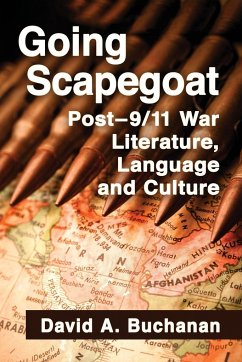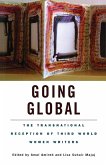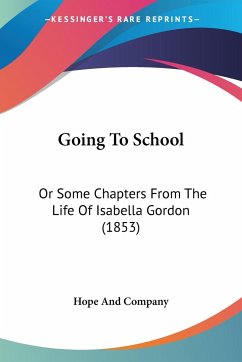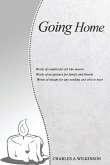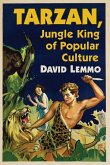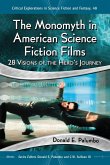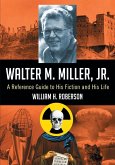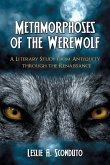Since 9/11, war literature has become a key element in American popular culture, spurring critical debate about depictions of combat--Who can write war literature? When can they do it? This book presents a new way to closely read war narratives, questioning the idea of "combat gnosticism"--the belief that the experience of war is impossible to communicate to those who have not seen it--that has dominated the discussion. Adapting Kenneth Burke's scapegoat mechanism to the criticism of literature and film, the author examines three novels from 2012--Ben Fountain's Billy Lynn's Long Halftime Walk, David Abrams's FOBBIT and Kevin Powers' The Yellow Birds--that represent the U.S. military responses to 9/11.
Hinweis: Dieser Artikel kann nur an eine deutsche Lieferadresse ausgeliefert werden.
Hinweis: Dieser Artikel kann nur an eine deutsche Lieferadresse ausgeliefert werden.

